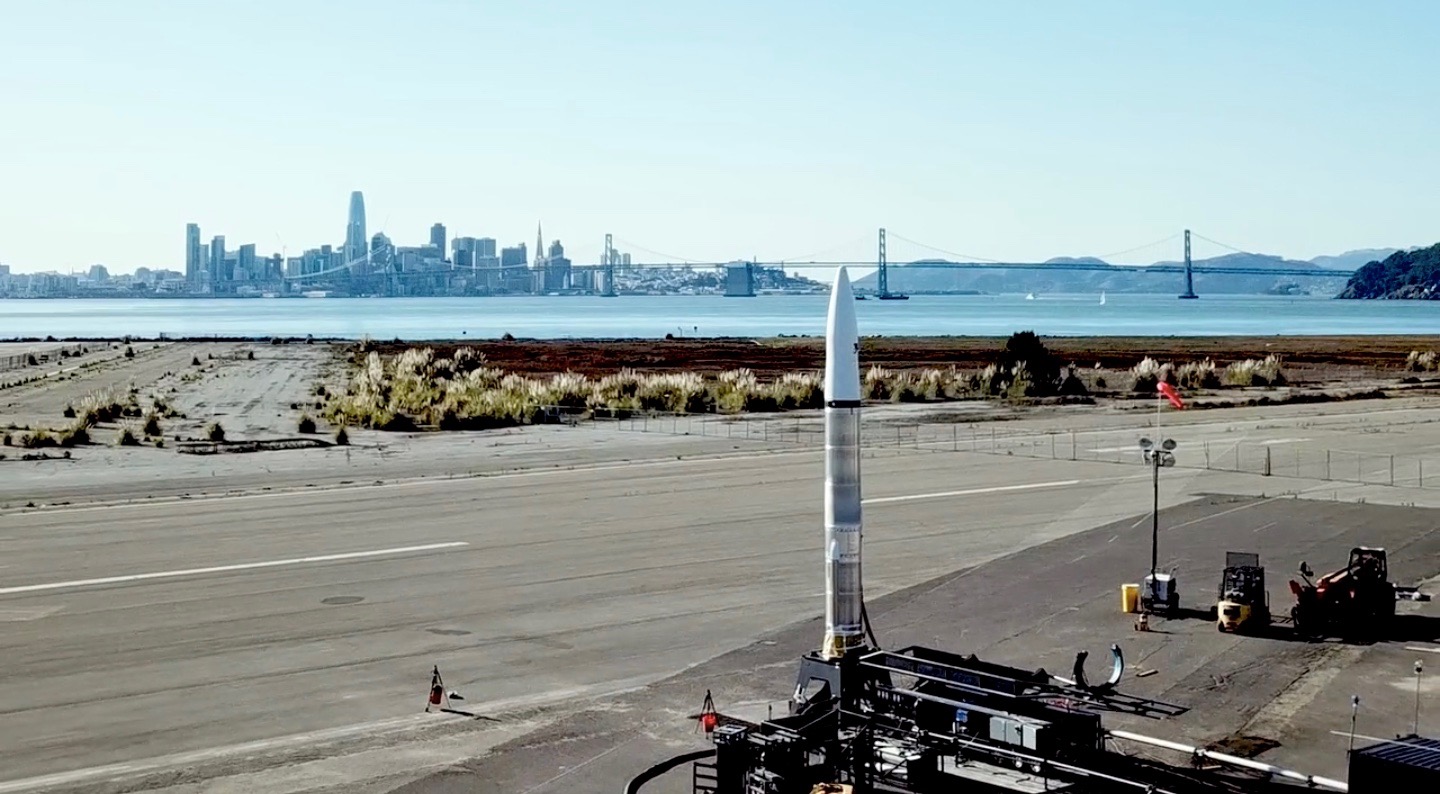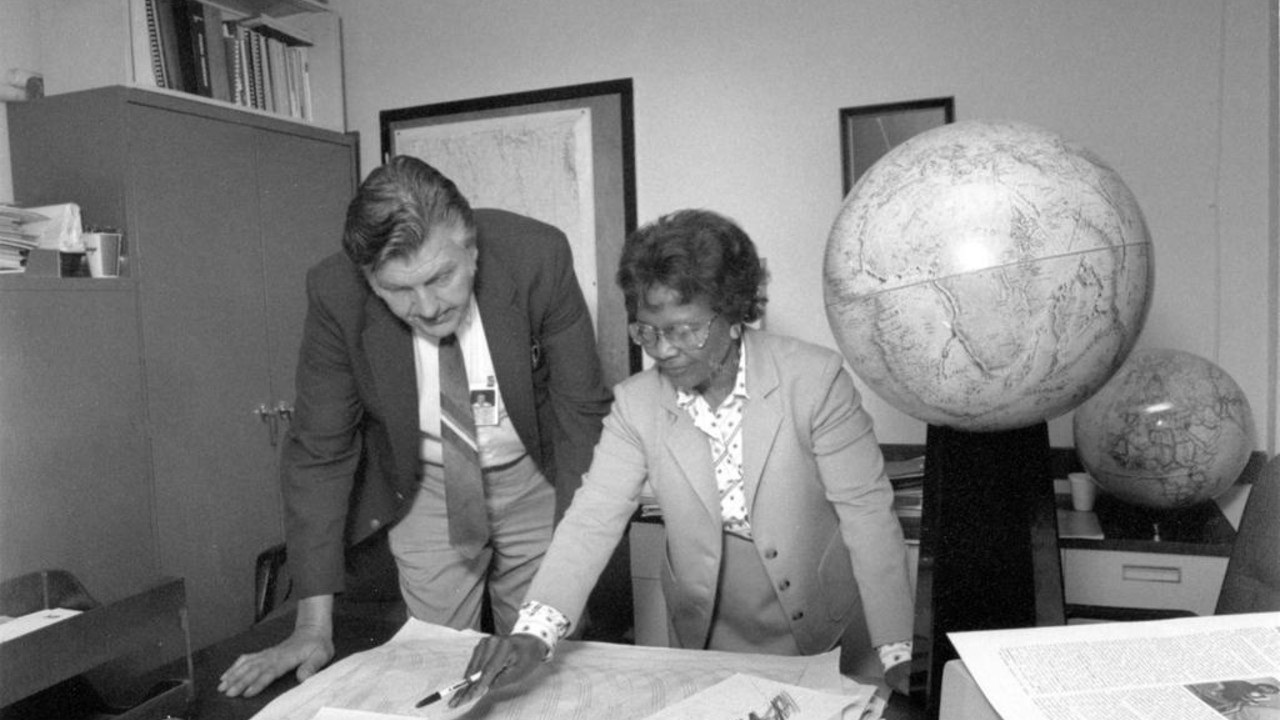Astra's 1st flight for DARPA Launch Challenge set to fly Saturday

This story was updated at 11:50 a.m. EST on Feb. 26 with news of the Feb. 27 target date. It was updated again at 1:50 a.m. EST on Feb. 27 with news of the Feb. 28 target date, and again at 1:30 a.m. EST on Feb. 28 with news of the Feb. 29 target date.
A California spaceflight company's quest to win the $12 million DARPA Launch Challenge is now scheduled for Saturday (Feb. 29), after a four-day delay.
Astra, a startup based in the Bay Area, had aimed to loft its first orbital mission Tuesday (Feb. 25) from the Pacific Spaceport Complex in Alaska, as part of the DARPA (Defense Advanced Research Projects Agency) Launch Challenge. But bad weather intervened, forcing a delay.
Astra is now targeting Saturday, during a three-hour window that opens at 3:30 p.m. EST (1830 GMT), according to the DARPA Launch Challenge website.
Due to a major winter weather event expected to impact the Pacific Spaceport Complex-Alaska on 2/25, the next available launch window for the @DARPA #LaunchChallenge will be determined when conditions improve, and the launch countdown clock will be adjusted accordingly. pic.twitter.com/FFa8qa7LXOFebruary 24, 2020
The DARPA Launch Challenge aims to spur the development of private American rockets that can loft small military satellites cheaply, efficiently and frequently. The contest calls for two launches on short notice and a quick turnaround. The original timeline called for Astra's new 38-foot-long (11.6 meters) Rocket 3.0 to loft the first mission between Feb. 25 and March 1, and the second one by March 18.
A successful first flight would net the company $2 million, and acing the second would earn an additional $10 million.
Astra was founded in 2016 but only came out of stealth mode this month. While the company has performed a number of ground tests, it has yet to launch an orbital mission.
Breaking space news, the latest updates on rocket launches, skywatching events and more!
Eighteen companies expressed interest in the DARPA Launch Challenge when it was announced in 2018, but just three — Astra, Virgin Orbit and Vector Launch — advanced to become full participants. Astra is the only one still vying for the prize.
- The most dangerous space weapons ever
- Cubesats: Tiny payloads, huge benefits for space research
- Military space: Spacecraft, weapons and tech
Mike Wall is the author of "Out There" (Grand Central Publishing, 2018; illustrated by Karl Tate), a book about the search for alien life. Follow him on Twitter @michaeldwall. Follow us on Twitter @Spacedotcom or Facebook.
OFFER: Save at least 56% with our latest magazine deal!
All About Space magazine takes you on an awe-inspiring journey through our solar system and beyond, from the amazing technology and spacecraft that enables humanity to venture into orbit, to the complexities of space science.

Michael Wall is a Senior Space Writer with Space.com and joined the team in 2010. He primarily covers exoplanets, spaceflight and military space, but has been known to dabble in the space art beat. His book about the search for alien life, "Out There," was published on Nov. 13, 2018. Before becoming a science writer, Michael worked as a herpetologist and wildlife biologist. He has a Ph.D. in evolutionary biology from the University of Sydney, Australia, a bachelor's degree from the University of Arizona, and a graduate certificate in science writing from the University of California, Santa Cruz. To find out what his latest project is, you can follow Michael on Twitter.

